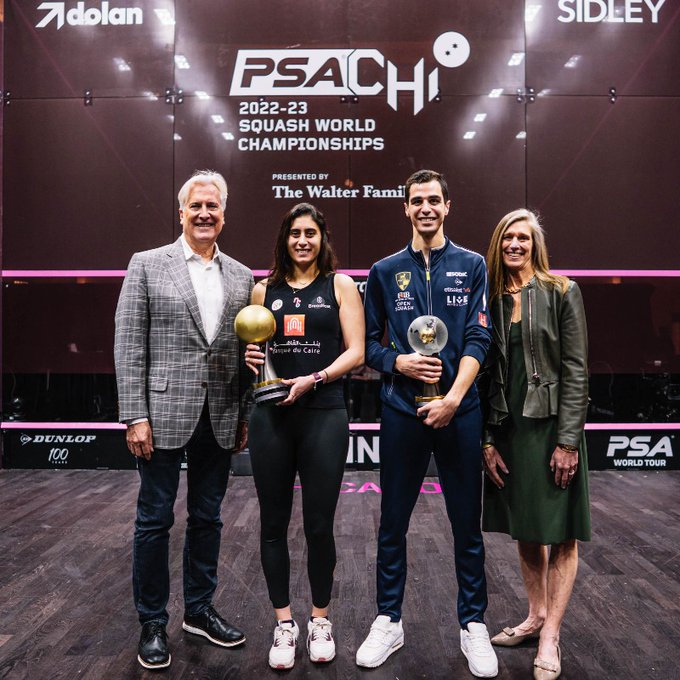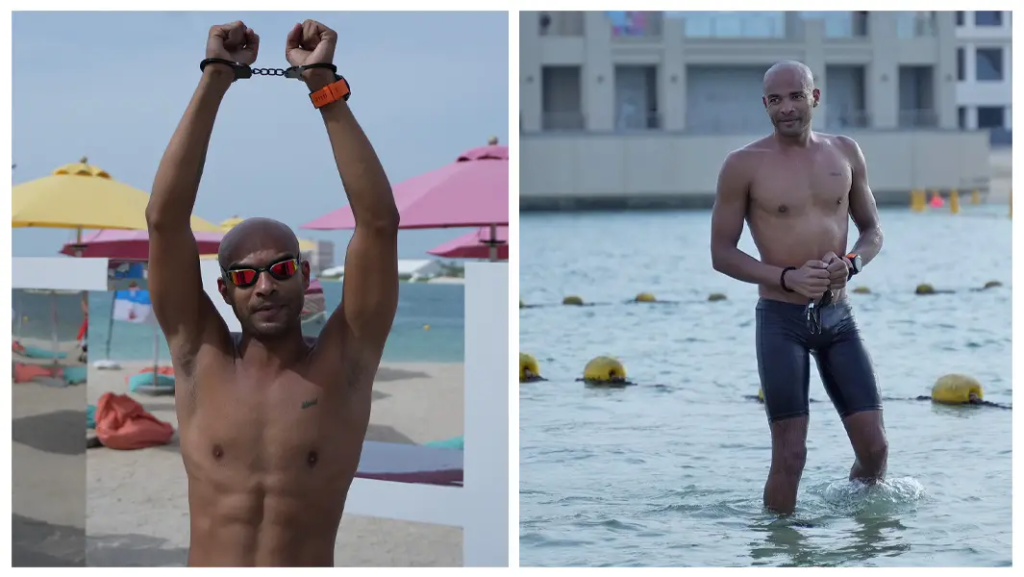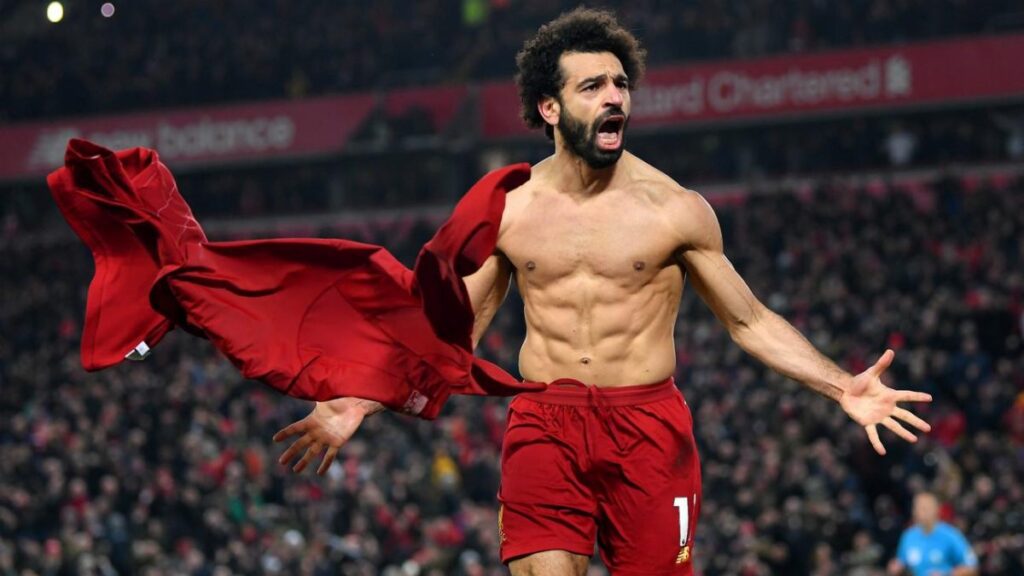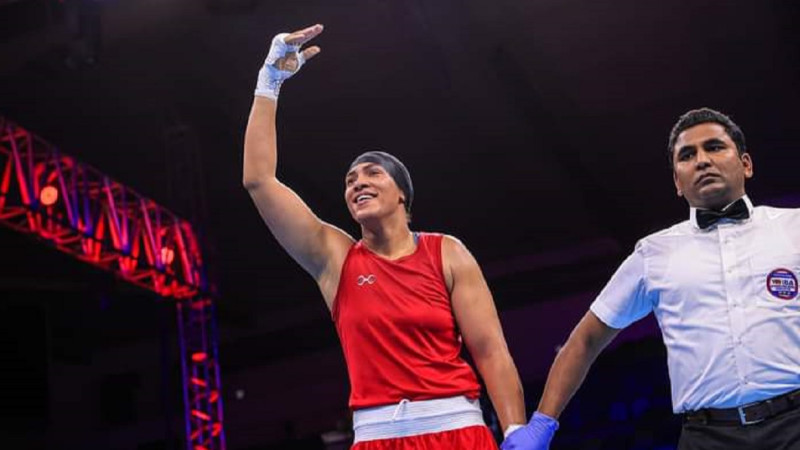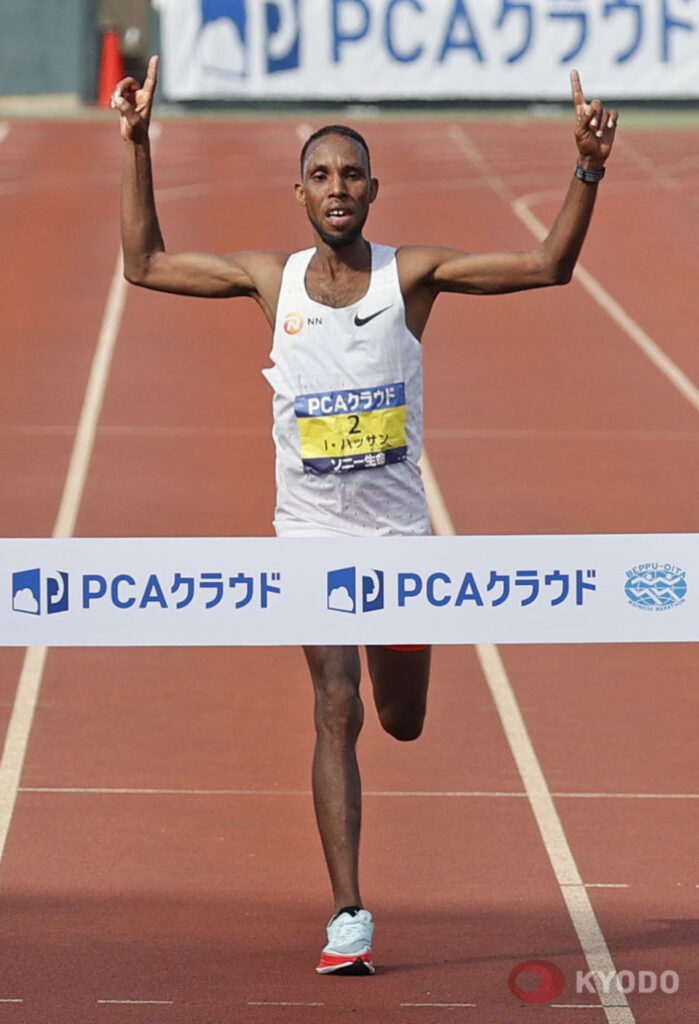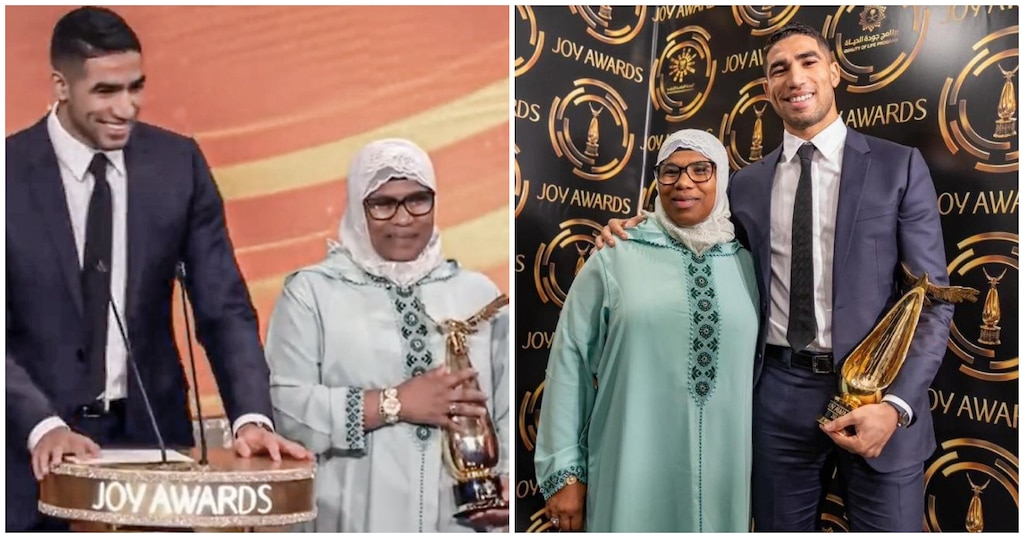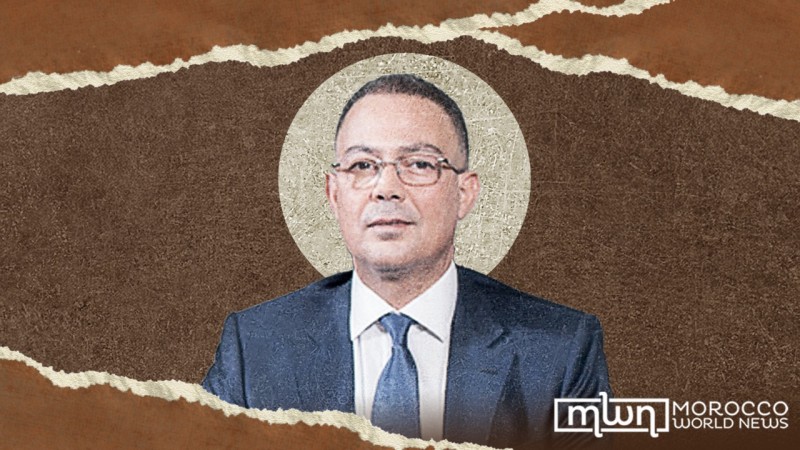The managerial ability of Pep Guardiola was backed by Sheikh Mansour’s long-term project as City won a historic treble.
When Sheikh Mansour bin Zayed Al Nahyan, UAE Vice President, Deputy Prime Minister and Minister of Presidential Court, bought Manchester City in 2008, the club was languishing in the mid-table of the English Premier League.
It had just finished the previous season in ninth position, 32 points behind Manchester United, the champion of England and its famously successful city rival.
United then was brimming with world-class talent.
A team featuring Cristiano Ronaldo, Wayne Rooney, Carlos Tevez, Ryan Giggs, Paul Scholes, Rio Ferdinand, Patrice Evra, Nemanja Vidic and Edwin van der Sar, United had also won the Champions League in 2008.
It was Sir Alex Ferguson’s second European triumph with United as manager following the famous treble-winning season in 1999.
So it was a couple of months after United enjoyed one of its greatest seasons that Sheikh Mansour made his foray into English football with a club that was never able to sit alongside the elites in the sport.
But the visionary UAE leader went on to change the footballing landscape in such a way that City is now football’s ultimate aristocrat.
So how did City, who completed a historic treble by winning the Premier League, FA Cup and the Champions League this season, become the most dominant team after Sheikh Mansour took over the club?
Long-term goal
Brazilian star Robinho joined Man City from Real Madrid in 2008. — Twitter
City did not become successful overnight despite the takeover from Sheikh Mansour in 2008.
It made a slow and steady progress and one that was backed by Sheikh Mansour in every step.
In the first season after the takeover, City could only finish 10th in the league despite acquiring a big-name player from Real Madrid, Robinho, the Brazilian superstar.
But City made gradual improvement and next season in 2010, the team became stronger after the arrival of Emmanuel Adebayor, Carlos Tevez and Kolo Toure.
Chelsea, United, Arsenal and Tottenham were the top four teams that season as City finished fifth, narrowly missing out on a place in the Champions League.
FA Cup triumph
The next season in 2011, City finally ended its trophy drought. A Carlos Tevez-inspired City won the FA Cup that season with a 1-0 win over Stoke City in the final – it was the team’s first major triumph since 1976.
City had reached the final with victory over United in the semifinal, the club’s first success in a knockout game against the bitter rival since 1975.
City then went on to finish third in the league, qualifying directly for the Champions League in what was another landmark for the club.
Premier League ecstasy
After breaking into the top-three of the Premier League, City turned on the style in England.
Sergio Aguero had just joined City from Atletico Madrid and the Argentina star made an instant impact.
City thrashed Tottenham 5-1 and humiliated United 6-1, signalling its arrival on the big stage as the big contender for the title.
The battle for the league title, though, was not easy with United bouncing back only to fall again.
It went to the last day with City needing a win against the Queens Park Rangers to pip United for the title.
But City was trailing 2-1 until the 91st minute in the dramatic last game of the season.
The Blues though scored an equalizer in the 92nd minute before Aguero found the winner in the last minute of injury time with a moment of magic, sparking wild celebrations on the field and in the stands.
It was City’s first league title in 44 years and it was the start of a golden era for the club.
Guardiola arrives
City had added one more Premier League title in 2014. Two years later, the club hired Pep Guardiola, who famously led Lionel Messi’s Barcelona to glorious triumphs during his four-year stint as manager of the Catalan club.
Guardiola arrived in City after a two-year spell at Bayern Munich.
A man famous for building teams that play eye-catching football, Guardiola was entrusted with the responsibility of making City a serial winner as well as an aesthetically pleasing team.
The Spanish coach imposed his style on the team and it won the league in 2017-2018 by collecting the highest points for a season.
City retained the Premier League title next season, its first successful defence of the title in history.
With world-class players in the team, City was producing mesmeric football as it also won two more league titles in 2021 and 2022.
But the biggest dream — the Champions League title — remained unfulfilled after defeat to Chelsea in the 2021 All-England final.
Historic treble
Sheikh Mansour’s Manchester City was finally rewarded in Europe for its perseverance.
City produced another masterclass in beautiful and brilliant football as Guardiola’s team won its third straight Premier League title, overcoming a spirited challenge from Arsenal.
The club then beat city rival United in the final to win the FA Cup.
And once it outplayed Real Madrid, the most dominant team in the history of European football, in the Champions League semifinal, City became the overwhelming favourite in the final against Inter Milan.
The Italians put up a big fight in the Istanbul final, but the superior quality of City made the difference as Rodri’s sumptuous goal separated the victor from the vanquished.
City’s wait to be European champion was finally over as it also became the first team since Manchester United to complete the treble.
It has taken the team 15 years since the takeover from Sheikh Mansour to scale the highest peak.
The long-term vision of Sheikh Mansour helped City become the king of European football.
The club has won seven Premier League, three FA Cup, six League Cup and the 2023 Champions League title in these 15 trophy-laden years under Sheikh Mansour’s leadership.
“One of the main reasons why this club became what we are is because of the people from Abu Dhabi, Sheikh Mansour, took over the club,” Guardiola said. “Without that, we would not be here.”
The biggest tribute City can pay to Sheikh Mansour now is by becoming the first team since Real Madrid to defend the Champions League title.
source/content: khaleejtimes.com (headline edited)
____________
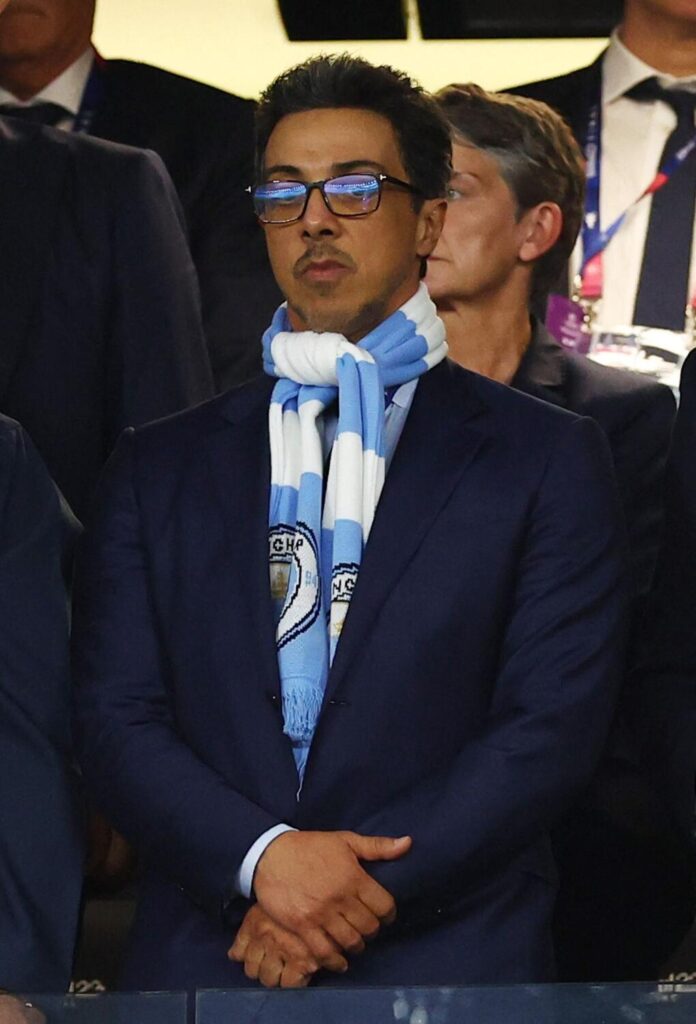
Sheikh Mansour bin Zayed Al Nahyan, UAE Vice President, Deputy Prime Minister and Minister of Presidential Court, attends the Champions League final. — Reuters
_______________________________________________________________________
MANCHESTER (U.K.) / ABU DHABI , UNITED ARAB EMIRATES (U.A.E)
